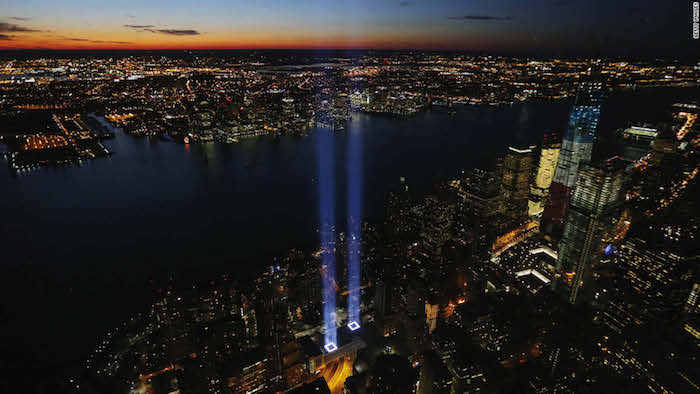
VIENNA (TIP): Tehran has yet to explain away allegations it conducted atomic bomb research, the head of the UN nuclear agency said on Thursday, four days before a deadline for Iran and six world powers to reach a deal on the Iranian nuclear programme. As US secretary of state John Kerry flies to Vienna for what are meant to be final talks to clinch a deal with Iran, International Atomic Energy Agency (IAEA) chief Yukiya Amano said he was still unable to provide “credible assurance” Iran had no undeclared nuclear material and activities.
The talks — which have dragged on for more a year — are aimed at setting limits on Iran’s nuclear programme in return for an end to sanctions that have seriously hurt its economy. As one of the conditions, Western officials say Iran must stop stonewalling the IAEA investigation into concerns Iran may have worked on designing a nuclear-armed missile, although some experts feel this should not be a dealbreaker. “Iran has not provided any explanations that enable the agency to clarify the outstanding practical measures,” Amano told the UN agency’s 35-nation board of governors, also meeting in the Austrian capital.
He was referring to information Iran was supposed to have given the IAEA by late August concerning allegations of explosives tests and other activity that could indicate preparations for developing nuclear bombs. Those allegations were set out in an IAEA report in 2011 based on intelligence from some 10 IAEA member states as well as the agency’s own investigation. It did not identify the countries but they are widely believed to include the United States, Israel and some of Washington’s Western allies.
Iran denies any intention of seeking atomic weapons, saying its nuclear programme is aimed at generating electricity. “I call upon Iran to increase its cooperation with the agency and to provide timely access to all relevant information, documentation, sites, material and personnel,” Amano said. ‘Tactics of delay’ Iran’s IAEA envoy, Reza Najafi, said the allegations were based on “wrong and fabricated” information. To prove this, he told the IAEA board, Iran would be ready to give the UN agency “one managed access” to a western region, where, according to the allegations, explosives experiments took place.
The IAEA’s priority for its inquiry has been to visit another site, the Parchin military facility, refused by Iran. While the countries in talks with Iran — the United States, France, Germany, Britain, Russia and China — want Tehran to scale back its uranium enrichment programme to lengthen the timeline for any covert bid to assemble nuclear arms, the IAEA is investigating possible research on designing an actual bomb. Even though it has long been clear that the inquiry would not be completed before the target date for a deal with the powers, Western diplomats had hoped for more progress by now.
Israel and hawkish US lawmakers are likely to condemn any accord that they feel does not fully resolve the issue. Israel’s envoy, Merav Zafary-Odiz, said the IAEA investigation was “simply stuck because Iran has never abandoned its longstanding tactics of delay, concealment and reluctance to cooperate” with the UN agency. Iran says it is Israel’s assumed atomic arsenal that threatens peace and stability in the Middle East.





Be the first to comment